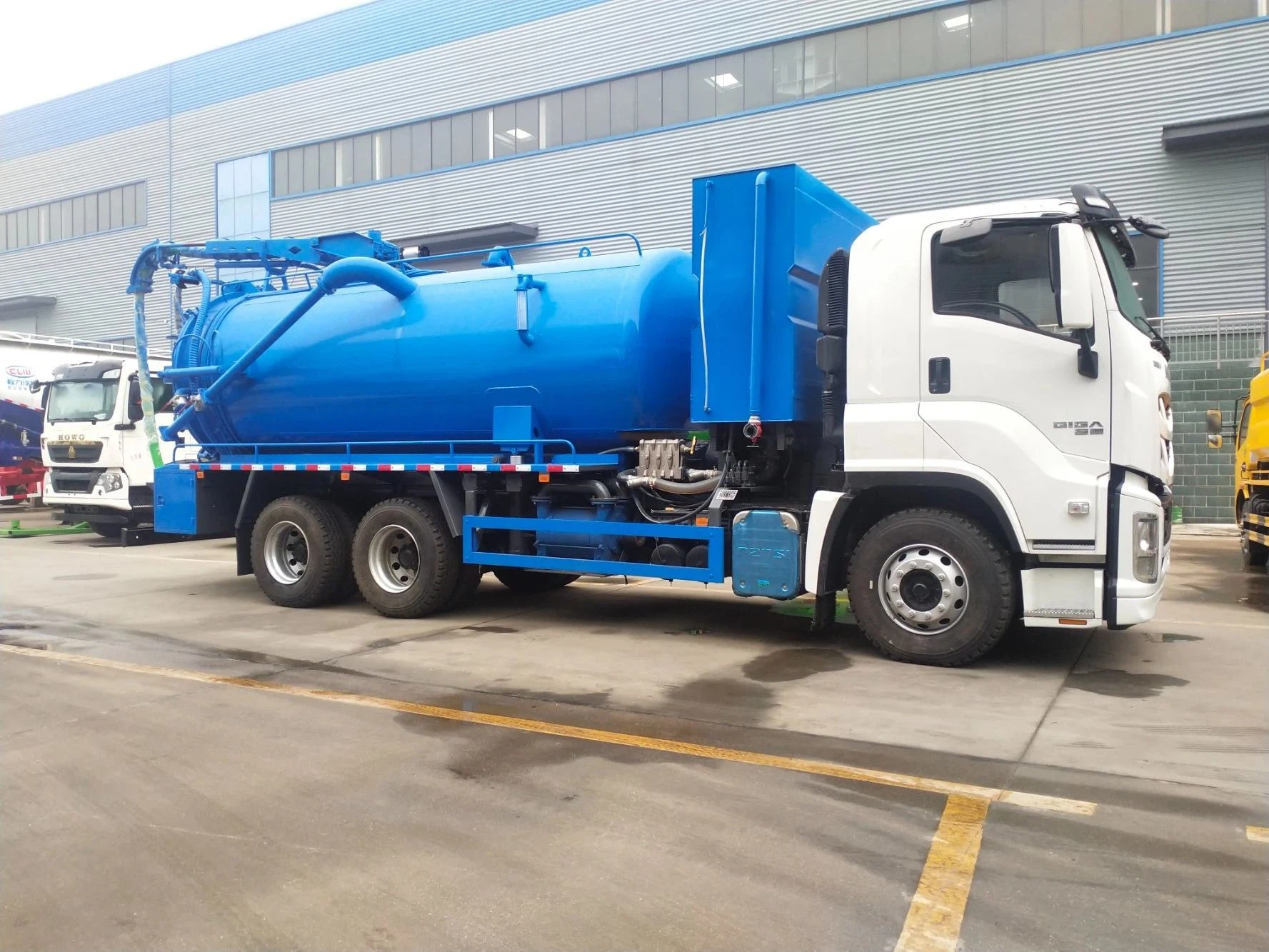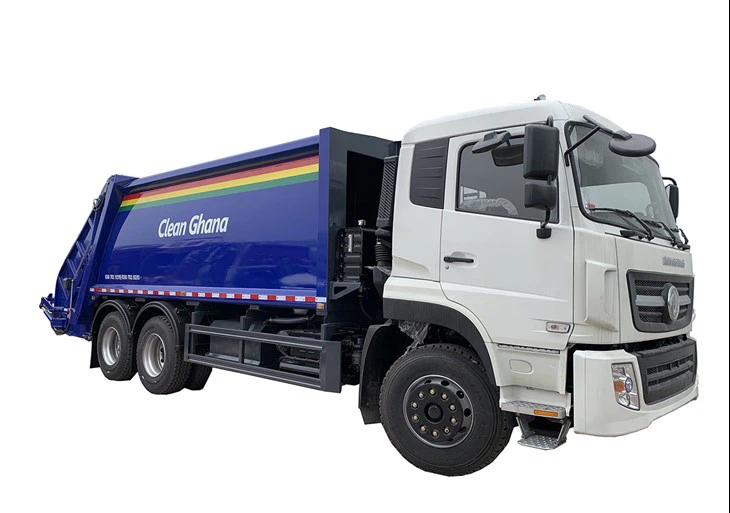Global Street Sweepers: A Comprehensive Guide to Keeping Our Cities Clean

Introduction
Street sweepers play a vital role in maintaining clean urban environments. These machines are designed to remove debris, trash, leaves, and other unwanted materials from roadways and public spaces, contributing significantly to the overall health and appearance of cities. With a rising focus on sustainability and environmental protection, the global demand for street sweepers continues to grow. This article aims to provide a comprehensive overview of global street sweepers, examining their types, benefits, major manufacturers, and future trends.
Understanding Street Sweepers

What Are Street Sweepers?
Street sweepers are specialized vehicles equipped with brushes and suction systems used to clean roads, highways, parking lots, and other paved surfaces. They can vary in size and power, catering to different cleaning needs and environments.
Types of Street Sweepers
| Type | Description | Best Use Cases |
|---|---|---|
| Mechanical Sweepers | Utilize rotating brushes and a debris collection system. | Urban road maintenance, parking lots. |
| Suction Sweepers | Employ suction technology to remove fine particles and liquids. | Streets with heavy dust or liquid waste. |
| Vacuum Sweepers | Combines mechanical and suction techniques for effective cleaning. | Large industrial areas, highways. |
| Environmental Sweepers | Focus on using eco-friendly technologies and options. | Green areas, environmentally conscious cities. |
The Importance of Street Sweepers
Environmental Benefits
Street sweepers play a crucial role in reducing pollution by removing debris that can harm urban ecosystems. They help prevent litter from entering water systems, thus improving water quality and protecting wildlife.
Health and Safety
Regular street cleaning helps reduce the risk of accidents caused by debris on roadways. Additionally, it minimizes allergens and respiratory issues associated with dust and pollutants.
Economic Advantages
Investing in street cleaning can lead to savings in infrastructure maintenance. Well-maintained streets can prolong the life of road surfaces and decrease costly repairs.
Key Manufacturers of Street Sweepers
Major Players in the Global Market
The street sweeper market is dominated by several key manufacturers that produce high-quality machines known worldwide. Some of the notable companies include:
- Schmidt: Known for its versatile range of sweepers and innovation in cleaning systems.
- Avery Weigh-Tronix: Specializes in vacuum and mechanical sweepers with an emphasis on performance.
- Nilfisk: Offers an assortment of `sweepers tailored for various environments, focusing on user-friendliness and efficiency.
- Elgin Street Sweepers: Provides a wide variety of sweepers that cater to residential and commercial needs.
Innovations in Street Sweeping Technology
Telematics and Smart Sweepers
Recent advancements in technology have led to the emergence of smart street sweepers that use telematics systems. These systems allow for real-time monitoring of street sweeper performance, optimizing routes and schedules for improved efficiency.
Electric Sweepers
With growing environmental concerns, electric street sweepers are on the rise. These machines produce zero emissions, making them ideal for use in urban areas, especially where air quality is a major concern.
Advanced Filtration Systems
Modern street sweepers are equipped with advanced filtration systems that improve dust suppression and particulate capture. These systems ensure that fine particles are captured instead of being released back into the air.
Practical Tips for Effective Street Sweeping
Scheduling and Frequency
Establish a regular cleaning schedule that takes into account seasonal changes, local events, and weather conditions. Increased frequency during autumn and after storms can significantly enhance cleanliness.
Maintenance of Sweepers
Regular maintenance of street sweepers is crucial for optimal performance. This includes checking brushes, hoses, and filters to ensure the machine operates effectively.
Public Engagement
Engage the community by raising awareness about the importance of street cleaning. Encourage residents to keep curbs clear of debris and to report areas in need of attention.
The Global Market for Street Sweepers
Market Trends and Growth
The global street sweeper market has shown promising growth driven by increasing urbanization and the need for sustainable practices. Regions such as North America, Europe, and Asia-Pacific are leading in market share due to strong regulations on pollution control and waste management.
Challenges in the Market
Despite the growth prospects, the market faces challenges such as high operational costs, maintenance issues, and competition from alternative cleaning methods.
Future Outlook for Street Sweepers

Integration with Smart City Initiatives
As cities evolve towards smart city concepts, street sweepers are likely to integrate further with IoT technologies. This can lead to better data collection, predictive maintenance, and improved operational strategies.
Sustainable Practices and Innovations
The future of street sweeping will likely focus on cleaner technologies, including the development of more powerful electric sweepers and biodegradable materials for cleaning solutions.
Frequently Asked Questions (FAQs)
What are street sweepers made of?
Street sweepers are typically made of metal frames, brush materials (like nylon or steel), and various plastics for components like hoppers. The materials are chosen for durability and effectiveness.
How often should streets be swept?
The frequency of street sweeping depends on the location and environmental factors. Urban areas may require daily or weekly sweeping, while less-trafficked areas might need monthly attention.

Can street sweepers operate in bad weather?
While many street sweepers can operate in light rain, heavy rain or snow can limit their effectiveness. It’s essential to adjust scheduling based on weather conditions to maintain efficiency.
Are there environmentally friendly street sweepers?
Yes, many manufacturers are producing electric street sweepers that generate zero emissions and utilize sustainable cleaning practices, making them better for the environment.
What advancements are being made in street sweeper technology?
Advancements include the incorporation of cybersecurity measures, better filtration systems, smart technologies for performance tracking, and electric-powered options to minimize environmental impact.
